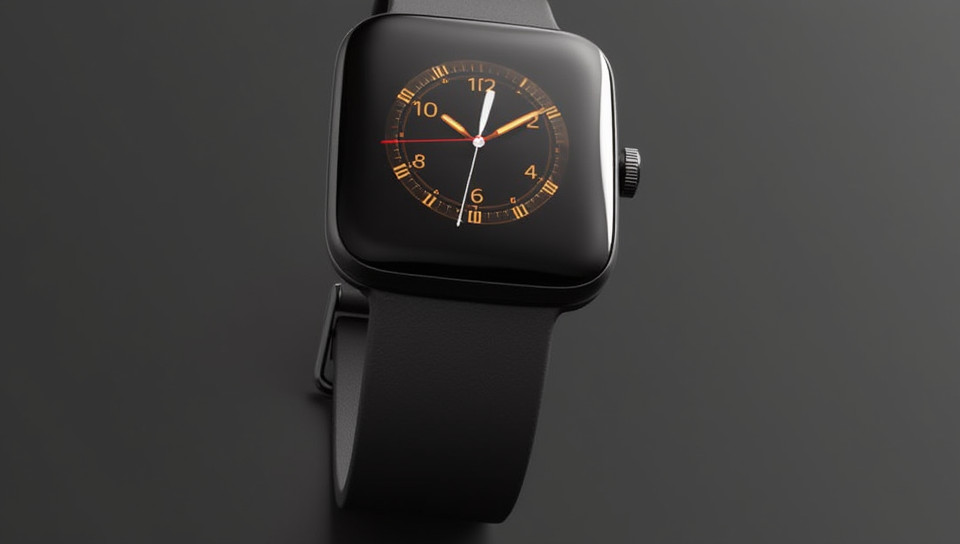Some fitness trackers do not show accurate heart rate readings 49%

The Dark Side of Fitness Tracking: Why Some Wearables Fall Short
As we continue to rely on technology to monitor our health and fitness, it's becoming increasingly clear that some popular wearable devices are failing to deliver accurate results. For many of us, fitness trackers have become an essential tool in our daily routine, providing valuable insights into our physical activity levels, sleep patterns, and heart rate. However, recent studies suggest that some of these devices may be giving us a false sense of security when it comes to one crucial metric: heart rate.
The Problem with Heart Rate Accuracy
When it comes to monitoring heart rate, fitness trackers are often touted as a reliable solution. But what happens when these devices fail to deliver accurate readings? The consequences can be serious, particularly for individuals who rely on their wearable device to monitor their health and make informed decisions about their lifestyle.
Why Do Fitness Trackers Get Heart Rate Wrong?
There are several reasons why some fitness trackers may not provide accurate heart rate readings. Some possible explanations include:
- Inaccurate algorithm design
- Poor sensor placement or quality
- Interference from external factors (such as electromagnetic radiation)
- Limited sampling rates or data resolution
The Impact of Inaccurate Heart Rate Readings
When a fitness tracker provides an inaccurate reading, it can lead to a range of issues, including:
- Overestimating or underestimating physical activity levels
- Misleading users about their sleep quality and duration
- Failing to detect potential health risks (such as high blood pressure or cardiac problems)
What Can You Do?
If you're concerned about the accuracy of your fitness tracker's heart rate readings, there are a few things you can do:
- Consult with the manufacturer to see if any software updates or firmware revisions can improve accuracy
- Consider investing in a higher-end device that uses more advanced sensors and algorithms
- Don't rely solely on wearable data – incorporate other forms of tracking (such as manual heart rate monitoring) into your routine
Conclusion
As we continue to rely on fitness trackers to monitor our health, it's essential that these devices deliver accurate results. By understanding the limitations and potential pitfalls of these devices, we can make more informed decisions about our lifestyle choices and take a more proactive approach to maintaining good physical and mental health. Don't get caught off guard by inaccurate heart rate readings – take control of your fitness tracking and demand better from your wearable device.
- Created by: Rían Doherty
- Created at: Aug. 24, 2024, 9:46 p.m.
- ID: 8193








